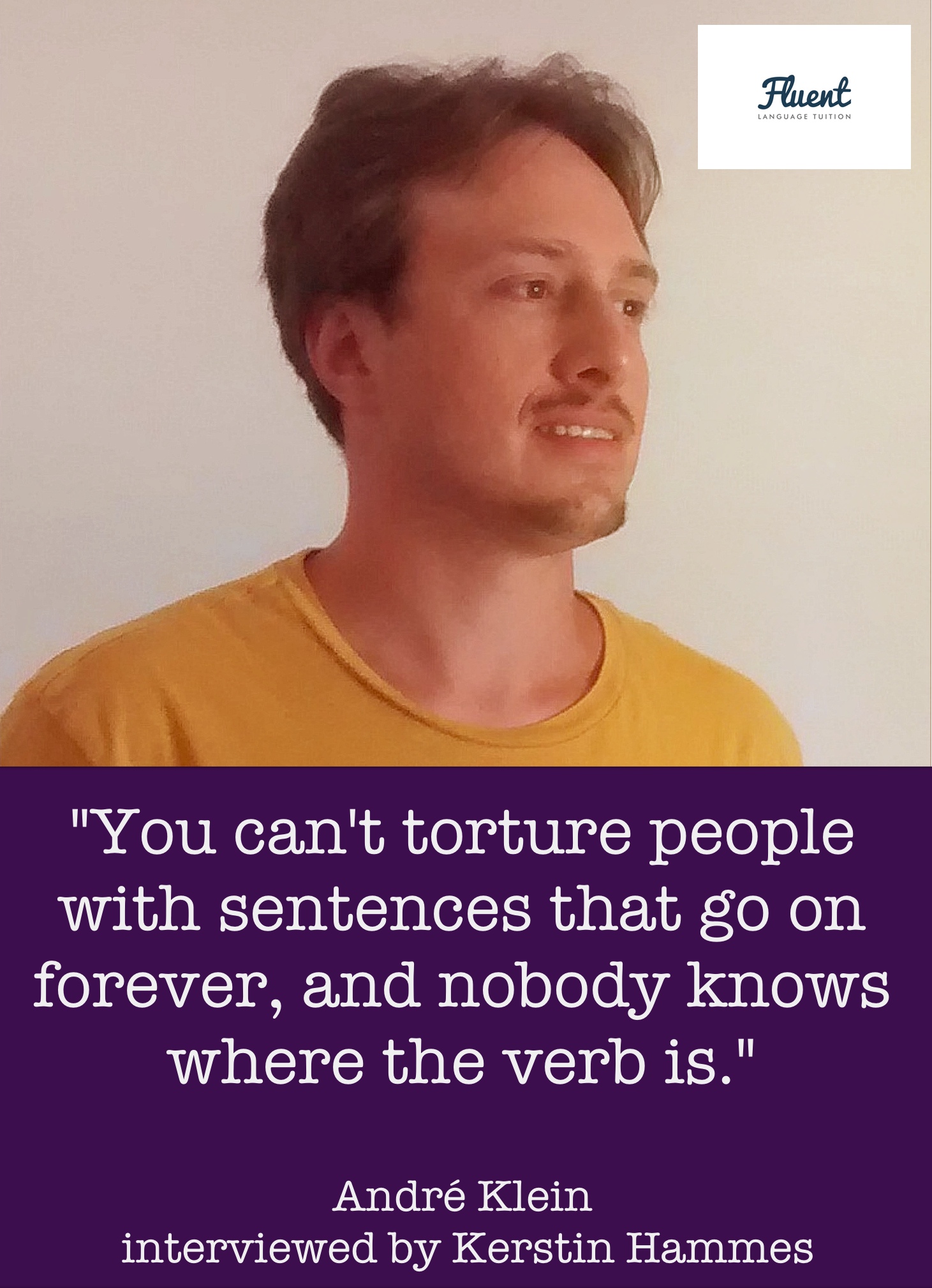So you have decided that you want to learn a new language. This is big. This will change your life. If you are wondering which language to learn, here is a little bit of help. Here are a few thoughts that you might find useful:
1) Ignore Thoughts of “Easy” and “Difficult”
Here are some common reasons why you might hold back from learning a difficult language:
The New Alphabet
You might know that my current language learning journey is learning Russian. But this is my 7th foreign language. Until I was 28, I never even considered learning Russian. I thought it was difficult. But then came my first business trip to Kazakhstan: A country where street signs look like this:

No English! No Western script! I had to find my way around the streets, and it showed me just how quickly learning a new alphabet can be done. I had been scared of this all my life, and it turned out to be a really small problem.
The New Systems
Now, what about the fact that some languages are just naturally difficult or easy? This is partly true if you measure languages by how similar they are to English. You may find that the ideas listed in this graphic are going to work for you:
But if you have an understanding of the English grammar, you already have a basic understanding of language and you will very quickly find that your existing knowledge makes learning easier. Any langauge makes more sense once you know grammar.
The Bad Experience
Many people tell me that they are not interested in learning German or French because they had to study at school and they were bad at it. It is almost as if a bad grade in school was a message to these people, telling them that they are not allowed to try again.
If you have similar thoughts, please adjust. Language learning is not about how you did in school, or about what you found difficult when you were 13. Most adult learners now look at languages from a different point of view, and as a teacher I have often experienced that even the most basic knowledge of a language will be reactivated when you come back to it after many years. So in other words, if it was difficult at school you must not expect it to be difficult after school.
2) 1000 Speakers Is Enough
Many people decide that they want to learn a popular language spoken by many people everywhere. But did you know that even minority languages like Irish Gaelic or Maltese are spoken by over 100,000 people around the world? This means there are more people than you could speak to in a lifetime.
When you decide to learn a new language, choosing the popular language can help you find more native speakers makes it easier to find materials and fellow learners. But there are also advantages to learning the rare language. For example, native speakers will appreciate your effort so much more. Plus, rare languages can actually boost your career! My friend Mike is a native English speaker and found that his skill in Finnish helped him start his translation business in a smaller market and attract bigger clients a lot more easily. This would be a lot harder if you were working in a language spoken by millions.
3) Your Interest is The Best Guide
The first and strongest bit of advice I can give you is to choose a language that truly interests you. This matters more than the number of speakers, the career prospects, the difficulty or anything else. If you are fascinated by the desert palaces of Rajasthan in India, you should not be looking at learning Spanish!
Every expert will tell you that learning a language just gets so much better when you can make it come alive. Obviously, this means speaking in most cases. But even if a language is hardly used in modern times, you can still become extremely passionate about it. Latin learners will enjoy reading the smart (sometimes really funny) writings of Ovid, and if you are in Europe it will give you a new perspective on your own country. This can be fascinating and rewarding, and we haven’t even started to talk about how useful Latin is for learning Italian, Spanish, French, Romanian and so many more.
So, Which Language Should You Learn?
In my life, I have so far studied 7 languages. It never felt like a waste of time. Now that I am studying Russian I know that each and every one of the other 6 is making it easier for me. But the important thing was that I stuck with those languages, and I didn’t start more than one at the same time. My best advice would be to just make a decision and start learning. Stick with your language. If you become interested in a different one in the future, you have not wasted your time because language study is connected, and teaches you a new way of looking at the world.
Stop wasting your time choosing the easiest language, instead choose the most interesting one.
There is just one thing to think about when you want to learn a new language: You will learn nothing if you stay lazy. New languages are always a lot of work, and the only way to keep going is to motivate yourself all the time. This can be because of cultural reasons, but the interest in your own achievement is just as powerful. For example, I never learnt French because I wanted to move to France. But at the same time, I never gave up on French and I committed my time and effort. Now I am fluent in French, and still have never lived in France. French culture is not my passion, but being able to speak French has always been such a strong goal that I just kept going. The formula I would share with you is a bit like this:
Interest * (Commitment + Engagement) * Time = Fluency
If one of these is zero, you will not achieve fluency.
I hope this article helped you make up your mind. Which language do you dream of? What’s holding you back from studying it?
Further Reading:





